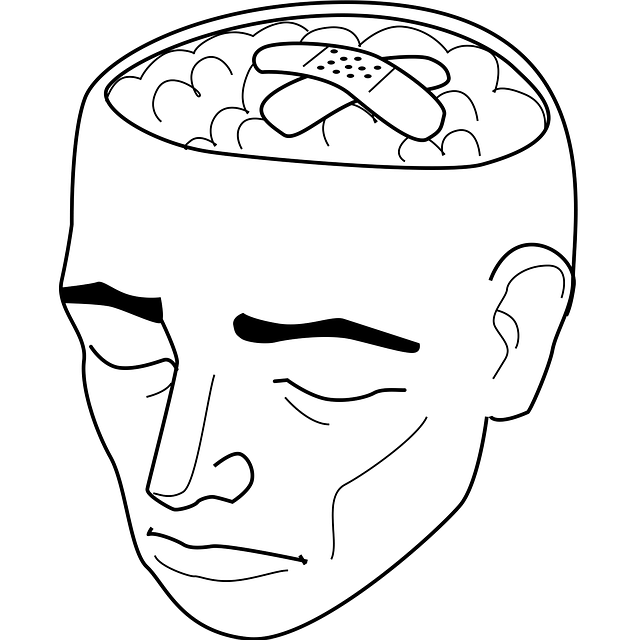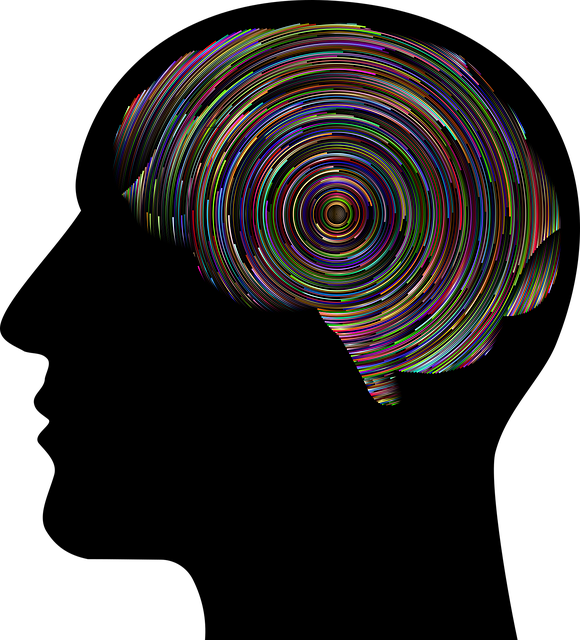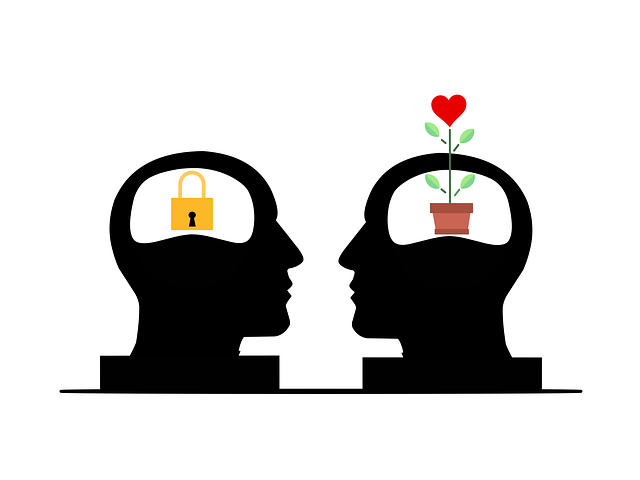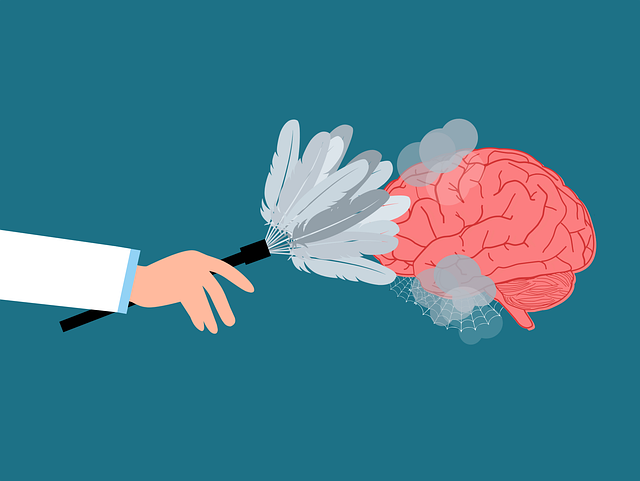Anxiety significantly impacts daily life for many young adults, especially those with Conduct Disorder, making comprehensive management essential. Effective strategies include tailored therapy like Cognitive Behavioral Therapy (CBT) and mindfulness practices to address root causes and negative thought patterns. Mental health education, cultural competency training for providers, support systems, self-care routines, and access to culturally competent healthcare are vital components of a holistic approach to treat anxiety in young adults with Conduct Disorder.
Anxiety is a prevalent concern among young adults, often manifesting as conduct disorders. This article explores effective anxiety management techniques tailored for this demographic. We delve into understanding the impact of anxiety and its unique presentation in young minds. Cognitive Behavioral Therapy (CBT) emerges as a powerful tool, offering actionable strategies to combat anxious thoughts. Additionally, mindfulness and meditation techniques are showcased as potent methods to calm the mind. Lifestyle changes and support systems play a pivotal role in fostering resilience and overall well-being.
- Understanding Anxiety and Its Impact on Young Adults
- Cognitive Behavioral Therapy (CBT): A Powerful Tool for Managing Anxiety
- Mindfulness and Meditation Techniques to Calm the Mind
- Lifestyle Changes and Support Systems for Effective Anxiety Management
Understanding Anxiety and Its Impact on Young Adults

Anxiety is a common yet complex experience, especially among young adults navigating their way through life’s challenges and transitions. It’s more than just feeling nervous or worried; it can significantly impact daily functioning and overall well-being. For young adults with conditions like Conduct Disorder, anxiety may manifest in unique ways, exacerbating existing behavioral issues. Understanding this relationship is crucial for developing effective strategies to manage anxiety.
Therapy plays a pivotal role in addressing anxiety among young adults, offering various evidence-based approaches tailored to their needs. Mental health education programs designed with cultural competency in mind can empower individuals to recognize and cope with anxiety symptoms. Additionally, healthcare provider training on cultural competency and burnout prevention strategies ensures that professionals are equipped to offer sensitive and effective support. These comprehensive approaches not only target the symptoms but also foster long-term mental resilience.
Cognitive Behavioral Therapy (CBT): A Powerful Tool for Managing Anxiety

Cognitive Behavioral Therapy (CBT) is a highly effective therapy for young adults struggling with anxiety disorders and conduct disorder. This evidence-based approach focuses on identifying and changing negative thought patterns and behaviors that contribute to anxiety, offering valuable coping skills development. CBT empowers individuals to challenge distorted beliefs, manage their emotions more effectively, and adopt healthier strategies for dealing with stressful situations, thereby enhancing mood management.
By engaging in CBT, young adults receive crisis intervention guidance tailored to their unique needs. Through structured sessions, they learn to recognize triggers, develop healthier responses, and gradually reduce anxiety symptoms. This therapeutic process encourages self-awareness, fostering a deeper understanding of one’s thoughts and emotions. As a result, individuals equipped with CBT techniques can better navigate challenging situations, promoting long-term emotional well-being and improved quality of life.
Mindfulness and Meditation Techniques to Calm the Mind

For young adults dealing with conduct disorder or anxiety, mindfulness and meditation techniques offer a powerful tool to calm the mind. These practices, grounded in the principles of mind over matter, help individuals cultivate self-awareness and emotional regulation skills. By focusing on the present moment, rather than dwelling on past mistakes or future worries, individuals can learn to let go of negative thoughts and reduce their anxiety levels.
Regular meditation sessions encourage a state of relaxation, allowing for clearer thinking and better decision-making. Self-awareness exercises, integrated into mindfulness practices, help young adults understand their triggers and develop coping strategies tailored to their unique needs. This proactive approach to mental wellness supports the management of conduct disorder symptoms, fostering a sense of control and empowerment.
Lifestyle Changes and Support Systems for Effective Anxiety Management

Anxiety management is not just about coping mechanisms; it involves a holistic approach that includes lifestyle changes and a strong support system. For young adults struggling with anxiety, especially those with Conduct Disorder, building a solid foundation for mental well-being is crucial. Developing inner strength through therapy can empower individuals to confront their fears and challenge negative thought patterns. This process often entails exploring the root causes of anxiety and learning effective strategies to regulate emotions.
Support systems play a pivotal role in anxiety management. Encouraging open communication with family, friends, or support groups can provide a safe space for sharing experiences and receiving empathy. Moreover, integrating self-care routines into daily life, such as regular exercise, mindfulness practices, and adequate sleep, contributes to better mental health. It’s also beneficial to seek out healthcare providers who have undergone cultural competency training to ensure culturally sensitive care tailored to individual needs.
Anxiety management is a multifaceted approach, particularly crucial for young adults navigating life’s challenges. By understanding the impact of anxiety on this demographic and employing evidence-based strategies like Cognitive Behavioral Therapy (CBT), mindfulness practices, and lifestyle modifications, individuals can effectively manage their symptoms. These techniques offer a holistic path to well-being, addressing the mind-body connection and fostering robust support systems. For young adults with Conduct Disorder, these strategies can be transformative, providing tools to overcome challenges and lead fulfilling lives. Through dedicated practice and professional guidance, anxiety can be harnessed, leading to improved mental health outcomes.










